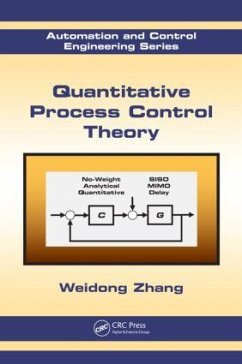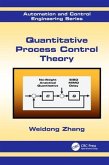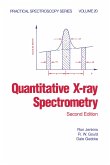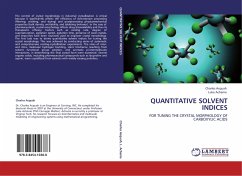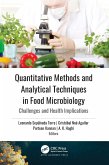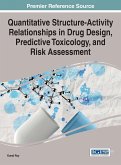Presenting a unique control design approach for process engineering systems, this state-of-the-art book provides a systematic quantitative treatment of linear control design for multivariable systems and shows how it can be applied in paper malting, heat exchange systems, nuclear reactors, and various automative systems. The text develops simple no-weight, analytical, and quantitative optimal design procedures, placing equal emphasis upon theoretical and application aspects of the subject. It provides a rigorous treatment without extensively using advanced mathematics and includes numerous worked examples and exercises of varying difficulty.
Quantitative Process Control Theory explains how to solve industrial system problems using a novel control system design theory. This easy-to-use theory does not require designers to choose a weighting function and enables the controllers to be designed or tuned for quantitative engineering performance indices such as overshoot. In each chapter, a summary highlights the main problems and results and exercises improve and test your understanding of the material. Mathematical proofs are provided for almost all the results while examples are based on actual situations in industrial plants involving a paper-making machine, heat exchanger, hot strip mill, maglev, nuclear reactor, distillation column/heavy oil fractionator, jacket-cooled reactor, missile, helicopter/plane, and anesthesia. Developed from the author's many years of research, this book takes a unique, practical approach for efficiently solving single-input and single-output (SISO) and multiple-input and multiple-output (MIMO) control system design issues for quantitative performance indices. With much of the material classroom-tested, the text is suitable for advanced undergraduate and graduate students in engineering, beginning researchers in robust control, and more seasoned engineers wanting to learn new design techniques.
Hinweis: Dieser Artikel kann nur an eine deutsche Lieferadresse ausgeliefert werden.
Quantitative Process Control Theory explains how to solve industrial system problems using a novel control system design theory. This easy-to-use theory does not require designers to choose a weighting function and enables the controllers to be designed or tuned for quantitative engineering performance indices such as overshoot. In each chapter, a summary highlights the main problems and results and exercises improve and test your understanding of the material. Mathematical proofs are provided for almost all the results while examples are based on actual situations in industrial plants involving a paper-making machine, heat exchanger, hot strip mill, maglev, nuclear reactor, distillation column/heavy oil fractionator, jacket-cooled reactor, missile, helicopter/plane, and anesthesia. Developed from the author's many years of research, this book takes a unique, practical approach for efficiently solving single-input and single-output (SISO) and multiple-input and multiple-output (MIMO) control system design issues for quantitative performance indices. With much of the material classroom-tested, the text is suitable for advanced undergraduate and graduate students in engineering, beginning researchers in robust control, and more seasoned engineers wanting to learn new design techniques.
Hinweis: Dieser Artikel kann nur an eine deutsche Lieferadresse ausgeliefert werden.

